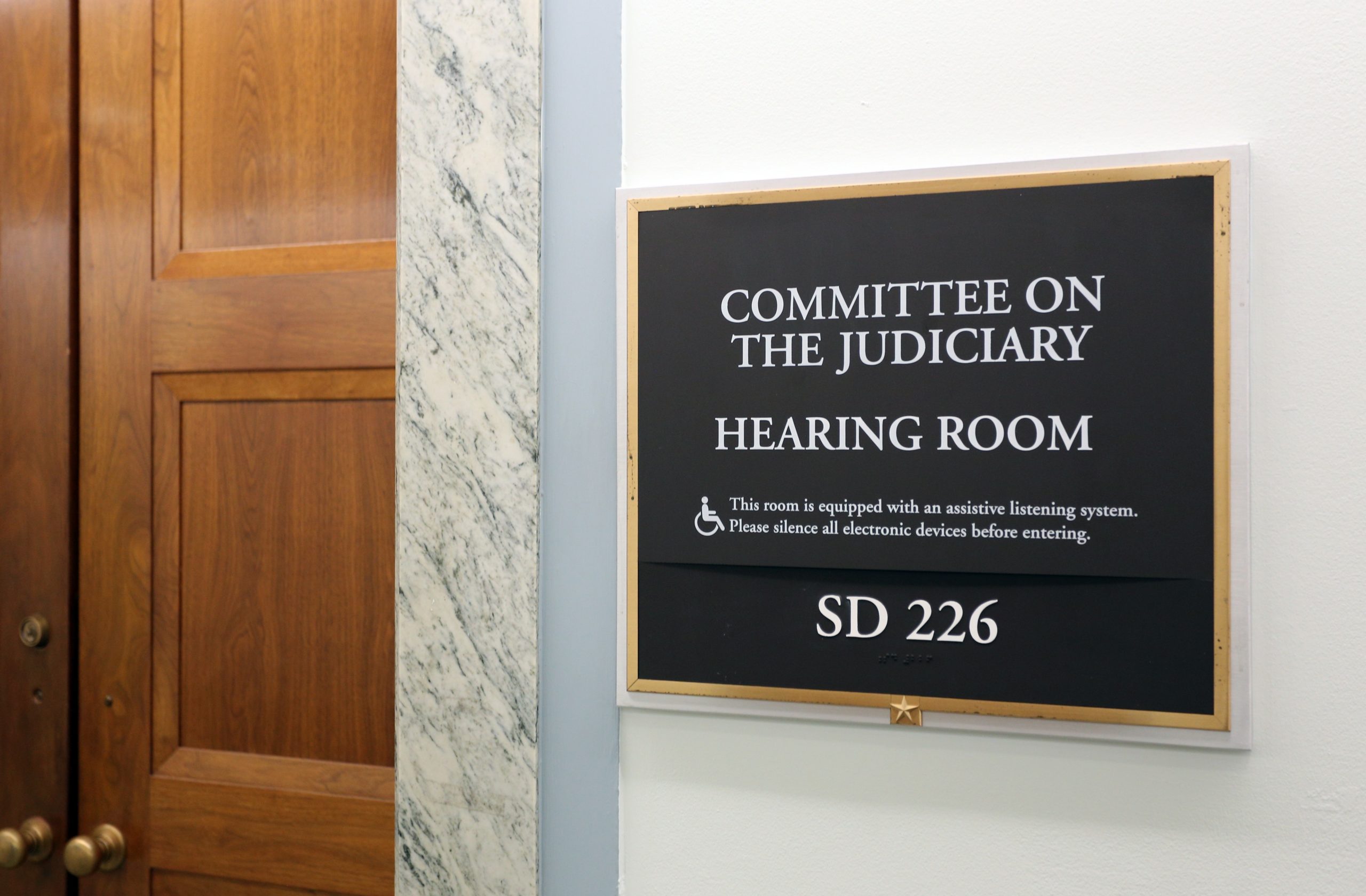This article is cross-posted from the Global Witness Blog.
In just the first two months of this year, we have seen anonymous shell companies become a major priority for Washington lawmakers.
Last week, the U.S. Senate Judiciary Committee convened to discuss legislation that would put a stop to the creation of these faceless companies. The hearing, Beneficial Ownership: Fighting Illicit International Financial Networks Through Transparency, marks the third Congressional hearing on this topic in 2018 alone. And, it is the first time that the Senate Judiciary Committee has heard such legislation. This occasion, along with other recent developments, suggests that momentum towards tackling the problems posed by anonymous companies continues to grow.
As the hearing began, Judiciary Committee Chair Charles Grassley (R-IA) said in his introductory statement that, “The lifeblood of criminal enterprises all over the world is their revenue. Money fuels terrorists, transnational criminal organizations, narco-terrorists, and kleptocrats to grow, increase their power, and gain more influence.” These remarks underscore the gravity and breadth of criminal activity enabled by corporate secrecy (something Global Witness has long documented in our advocacy and investigations), and are a sign that Congressional leaders are taking this problem seriously.
The idea that time and again anonymous companies are used as vehicles for the corrupt and other criminals to get, move, or hide dirty money isn’t a new one. Yet, for a number of years, real action in the U.S. has appeared to be out of reach, barred by seemingly intractable differences. As Chip Poncy, president and co-founder of the Financial Integrity Network and former senior advisor at the U.S. Department of the Treasury, said in his testimony at the hearing, “[Past] policy disputes have prevented even those dedicated to company formation reform from forming a consensus around any meaningful action. For more than a decade, we have become paralyzed by such thinking.”
However, in another sign of progress, for the first time in a decade a consensus is emerging, that includes a diverse set of stakeholders as well as voices from both sides of the partisan divide. For example, joining Chip Poncy at the hearing was Gary Kalman with the FACT Coalition and Clay Fuller with the American Enterprise Institute.
Kalman’s testimony supporting the legislation highlighted the importance of beneficial ownership transparency as a tool to deter corruption and criminal activity around the world that contributes to poverty, human rights violations, and environmental degradation. Whereas in contrast, Fuller’s testimony in support of the legislation offered important insights on how anonymous companies and the lack of beneficial ownership transparency poses significant threats to U.S. national security.
That two voices coming from such different perspectives have found agreement on this issue says a great deal. Even major players in the financial sector, such as the National Association of Realtors and The Clearing House, which represents the largest banks in the country, have sent letters to Congress urging action to address this problem.
Lastly, in comparison to past sessions of Congress, political and cultural awareness of money laundering is at a high point in recent times. The current investigation regarding potential collusion with Russian agents in the 2016 U.S. Presidential Election has made money laundering a familiar topic of conversation for many Americans. The release of the Panama Papers, then the Paradise Papers, have generated global attention to the world of financial secrecy. Even popular culture has responded. The Netflix series “Ozark” features a money launderer as its central character, while a new series, also released by Netflix and appropriately dubbed,” Dirty Money,” offers hard-hitting documentary shorts probing the world of illicit finance and its impacts on ordinary Americans.
In the UK, broadcast of the BBC feature series “McMafia” – centered around organized crime, corruption, money laundering, and the shadowy players that sometimes facilitate it – is making waves as Europe tackles its own money laundering challenges. McMafia will come to the U.S. later this spring, where it may find an audience all too familiar with the themes the series explores.
Pop culture fascination with a major social issue doesn’t necessarily translate into political action, but it does shape what political figures, thought leaders and media see as important issues of the day. And, it’s clear that policymakers are feeling pressure to pass impactful beneficial ownership legislation as a result of the diverse array of voices calling for reform. The onus is now on Congress to act – the question is, will they?
Ultimately, the only way we can ensure that anonymous companies aren’t used to aid and abet criminals is to make transparency the new standard for doing business in the US. By passing comprehensive legislation requiring all American companies to disclose their ownership, we’ll all finally know who we’re doing business with. It’s time that Congress recognized the role corporate anonymity plays in facilitating a wide range of illicit activities, from obscuring human trafficking networks to evading international sanctions, and that only we can prevent it.
Alexandria Robins is the Assistant Policy Advisor for Anti-Money Laundering at Global Witness

